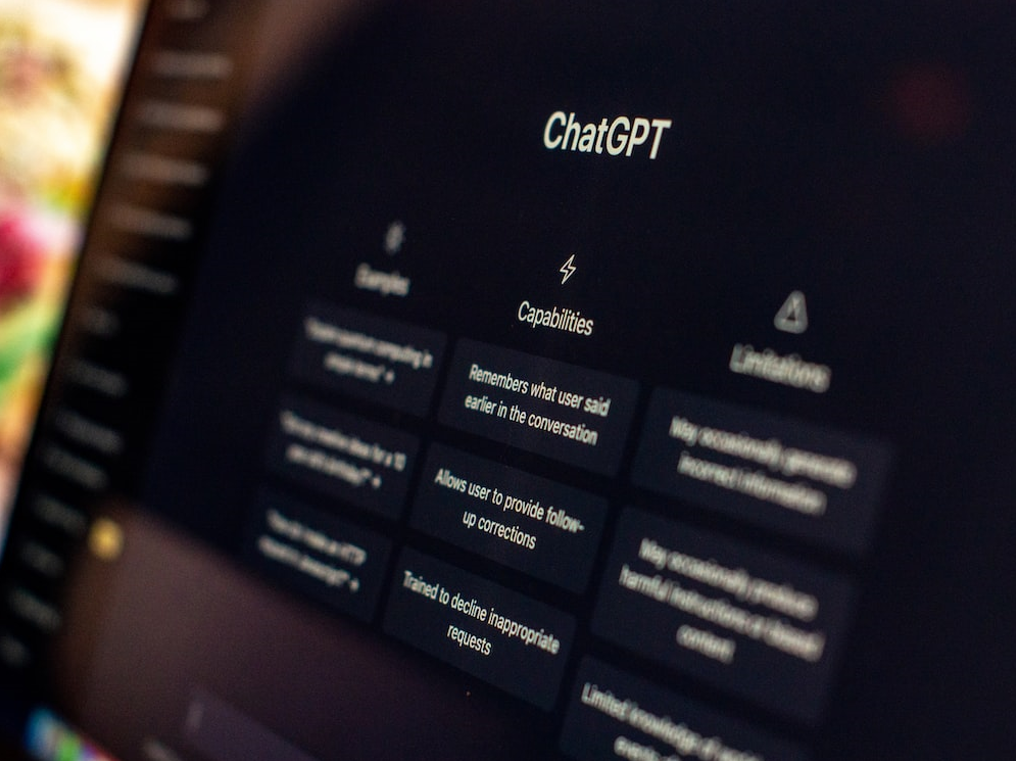Artificial intelligence (AI) is rapidly transforming our world, and this blog post concentrates on the impact (and opportunities) AI poses, specifically in business analysis.
Research by marketing intelligence firm Tractica, indicates the AI market is set to increase by at least 26% each year within the next couple of years and annual global AI software revenue is forecast to grow from $10.1 billion in 2018 to $126.0 billion by 2025.
AI has become the talk of the town and has been capturing everyone’s attention in recent times. AI-driven products, such as ChatGPT and Co-pilot, have begun to revolutionise the technology industry (and others), to help one work more efficiently.
Recent research by a professional services firm suggests that AI has the potential to boost employee productivity by approximately 40% by 2035.
Introduction to AI
AI is defined to be ‘software that imitates human capabilities’ (Microsoft Learn), so what more could any person ask for, if there is a tool making one’s job easier, quicker, smarter, and of higher quality?
AI attempts to imitate how people think and make choices, mostly by using algorithms, data, and computational power. Similar to how people learn, and make decisions based on past experiences, AI can do similar things, but much quicker and with a lot more data.
ChatGPT is a chatbot (natural language processing technology) that uses machine learning and natural language generation to mimic human conversation, by understanding your question/comment and responding engagingly and conversationally.
Co-pilot is an AI-powered digital assistant (designed by Microsoft) that aims to provide personalised assistance to users for various tasks and activities. Copilot is a tool designed to connect ChatGPT to Microsoft applications.
Modern Requirements
There are many AI tools on the market like ChatGPT which may assist a BA to work more efficiently and increase productivity/quality.
Recently whilst working with a new client, I came across a new tool called Modern Requirements (MR). MR has been the ‘go-to Microsoft partner for requirements management since 2015,’ Requirements Management – Modern Requirements.
MR is a requirements management tool, built specifically for Azure DevOps (ADO), which turns any ADO project into an efficient collaborative workspace, by creating/automating documentation and managing/analysing requirements.
MR has features such as:
- Smart Docs – creates live requirements documents that auto-update with any requirement changes. It can build fully versioned documents, link requirements, and author new ones.
- Diagrams – build diagrams/processes, which link directly to requirements
- Mock-ups – prototype, wireframe, and mock-up interfaces your team needs to create. Attach requirements directly to mock-ups.
- Traceability – trace requirements by automatically generating traceability matrices
Copilot4DevOps is an AI requirements management assistant, part of MR, which massively boosts your teams’ efficiency and accuracy with ADO. Some key features include:
- Requirements generation – generates high-quality requirements options from raw data. You can also select and edit options, based on the project objective.
- Analyse, summarise, and elaborate requirements – reframe requirements in different terms, to better communicate with your stakeholders
- One-click user stories – create high-quality user stories based on business needs, as well as fostering collaboration between stakeholders and development teams.
Business Analysis Responsibilities and AI
Business analysis is defined to be the practice of enabling change in an organisational context, by identifying needs and recommending solutions that deliver value to stakeholders (IIBA). Business analysis is primarily carried out by a Business Analyst (BA) but can also be conducted by a range of people in varying roles.
The impact of AI on business analysis is multifaceted, offering several benefits and considerations.
Let’s look at some key BA responsibilities and how AI may impact them:
Researching a specific business domain – AI can rapidly provide detailed information for any business domain.
Requirements-gathering – AI provides the capability for BAs to get ideas for workshops/meetings (assists in brainstorming questions to ask and how to best structure a workshop – depending on the objective).
Requirements analysis – AI can analyse requirements that have been captured, create user stories, and provide acceptance criteria.
Process mapping – AI can create business processes based on the objective. AI can map complex processes in a short time.
Data modelling – AI can create data models based on the relevant request, providing detailed guidance for entity relationships.
Data analysis – AI can analyse large complex datasets in a short space of time. AI enhances traditional data analysis by providing advanced predictive and prescriptive analytics through the forecasting of potential future states of processes and enhancing strategic decision-making as a result.
Documentation – AI can streamline the creation of documentation by automating the generation of reports, summaries, and detailed documents based on data inputs.
Testing – AI can automate the creation of test cases, based on the relevant requirements.
The above is not an exhaustive list, but it is clear that AI increases the ability to automate repetitive tasks in data processing and analysis, saving time and reducing the risk of human errors. Consequently, automation allows BAs to focus on higher-value tasks. AI therefore enables a BA to work more efficiently, increasing productivity, whilst improving the quality of work in parallel.
Even if AI has the potential to drastically improve the requirements engineering process, a BA’s knowledge and experience will still need to be utilised, to ensure the best possible outcomes.
Limitations of AI for Business Analysts
Whilst there may be many benefits for AI assistance in the Business Analysis domain, there are also many limitations of AI, which BAs should be aware of:
- Ability to elicit, refine and prioritise requirements
- Ability to understand business processes and translate them into requirements
- Lack of domain intelligence
- Ability to think holistically
- No emotional intelligence
- Limitations to stakeholder engagement
- Ability to negotiate and influence stakeholders
- Effective communication
- Creative approach to problem-solving
- Out-of-the-box thinking
- AI models would require regular updates and monitoring, ensuring they remain accurate and relevant
The Future of Business Analysis with AI
Research by Forbes suggests around 4 in 5 (83%) companies consider AI to be a top priority in their business strategy. Automated emails and chatbots are currently two of the most common uses of AI in everyday business communications. AI is greatly influencing everyday lives and many businesses have integrated AI to improve everyday operations, whilst also looking to gain a competitive advantage in parallel.
Naturally, we are all thinking “Will AI eventually replace my job?” I believe AI is here to assist us all and we need to think of AI as a personal assistant. Specifically in Business Analysis, it’s an assistant that can look at large quantities of complex data rapidly, increase productivity/quality, and make decisions easier. AI increases the abilities of BAs and makes our jobs even more important. Whilst organisations are rapidly becoming more data-driven in decision-making, we should be looking to leverage the capabilities of AI.
We should look to embrace AI as a valuable tool, rather than a threat to our role.
Conclusion
To summarise, AI is rapidly changing our everyday lives and the world we live in. The integration of AI in business analysis has created a new era of data-driven decision-making. BAs should look to leverage AI to automate tasks where possible, making everyday work more efficient. AI does come with limitations and risks, as discussed above, which BAs should be aware of.
Embracing AI technology in business analysis is no longer a luxury, but rather a necessity for organisations that are looking to have that competitive advantage in today’s rapidly evolving world. The power of AI will only increase over time, therefore we should look to expect further enhancements in the field of business analysis. AI is not here to replace us, but rather empower us to become better at our role, better decision-makers, and consequently deliver even better solutions to our customers.
As the saying goes “work smart, not hard!”
We’re a data partner you can rely on, enquire today to find out how we can unlock your data potential.


